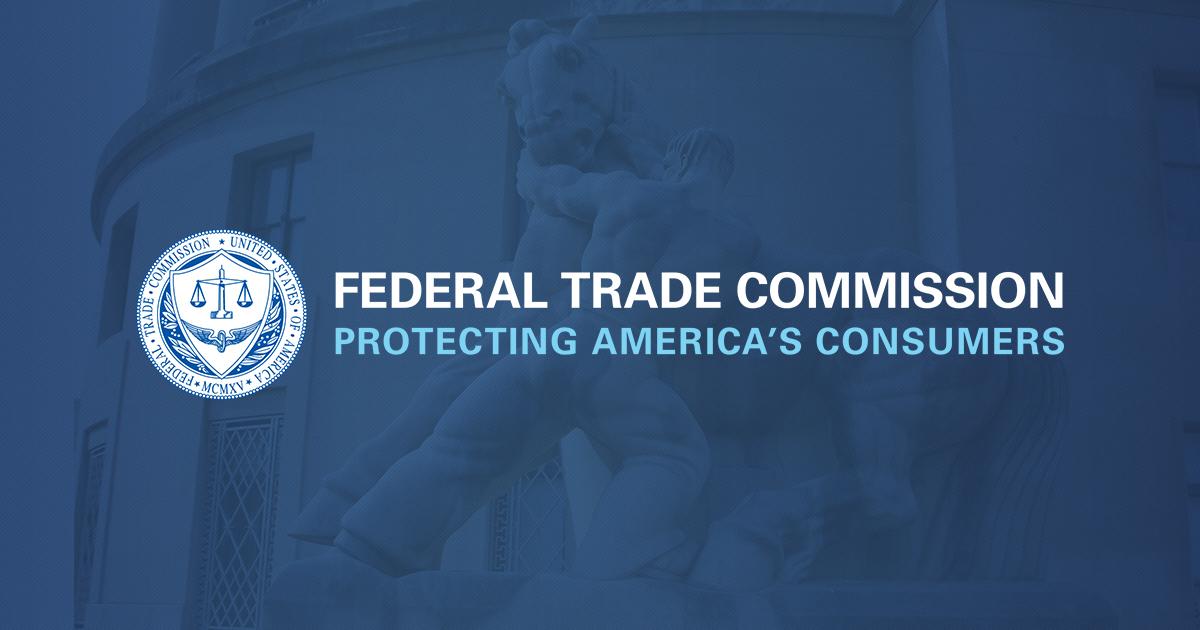FIL-2-2015
January 5, 2015
Guidance on Identifying, Accepting, and Reporting Brokered Deposits
Printable Format:
Summary:
The FDIC is issuing guidance in the form of “Frequently Asked Questions” or “FAQs” to promote consistency by insured depository institutions in identifying, accepting, and reporting brokered deposits.
Statement of Applicability to Institutions With Total Assets Under $1 Billion: This Financial Institution Letter applies to all insured depository institutions.
Highlights:
- Section 29 of the Federal Deposit Insurance Act (12 U.S.C. § 1831f) and Section 337.6 of the FDIC’s regulations (12 C.F.R. § 337.6) restrict the acceptance of brokered deposits by FDIC-insured depository institutions (IDIs) that are not well capitalized.
- All insured depository institutions (including those that are well capitalized) must report brokered deposits in their Consolidated Reports of Condition and Income.
- The FDIC has explained the requirements for identifying, accepting, and reporting brokered deposits in published advisory opinions and in the Study on Core Deposits and Brokered Deposits issued in July 2011. Nevertheless, questions continue to arise regarding whether certain types of deposits are considered brokered deposits.
- To provide guidance on this subject, the FDIC is issuing “Frequently Asked Questions” or “FAQs.” These FAQs (with answers) will be periodically updated on the FDIC’s Web site.
- The FAQs cover various topics, such as identifying brokered deposits, accepting deposits, listing services, interest rate restrictions, and other brokered deposit-related matters.
Continuation of FIL-2-2015
Financial Institution Letters
FIL-2-2015
January 5, 2015
Guidance on Identifying, Accepting, and Reporting Brokered Deposits
This Financial Institution Letter provides guidance on identifying, accepting, and reporting brokered deposits. It is important for insured depository institutions (IDIs) to distinguish brokered deposits from other deposits in order to comply with Section 29 of the Federal Deposit Insurance Act (FDI Act).1 Additionally, insured depository institutions are responsible for reporting brokered deposits in their Consolidated Reports of Condition and Income (Call Reports).
Under Section 29 of the FDI Act, an insured depository institution is prohibited from accepting deposits by or through a deposit broker unless the institution is well capitalized for Prompt Corrective Action (PCA) purposes.2 The FDIC may waive this prohibition if the insured depository institution is adequately capitalized; however, the prohibition cannot be waived if the institution is undercapitalized.3 Section 29 also imposes restrictions on the deposit interest rates that an insured depository institution may offer if the institution is not well capitalized.4 The FDIC has implemented the restrictions imposed by Section 29 through Section 337.6 of its regulations.5
The term “deposit broker” is broadly defined as “any person engaged in the business of placing deposits, or facilitating the placement of deposits, of third parties with insured depository institutions or the business of placing deposits with insured depository institutions for the purpose of selling interests in those deposits to third parties.”6 If a deposit is accepted through a “deposit broker,” the deposit is a brokered deposit.
In some cases, an insured depository institution may be uncertain whether a particular deposit qualifies as a brokered deposit. The FDIC has explained the requirements for identifying and accepting brokered deposits in published advisory opinions. Also, the requirements were explained in the Study on Core Deposits and Brokered Deposits, which the FDIC issued in July 2011. However, questions continue to arise regarding the proper classification of certain types of deposits, particularly since determining whether deposits are brokered tends to depend on specific facts surrounding a particular arrangement, which can evolve over time. Therefore, guidance is provided in the attached “Frequently Asked Questions” or “FAQs.” These questions and answers will be periodically updated on the FDIC’s Web site.
Doreen R. Eberley
Director
Division of Risk Management Supervision

